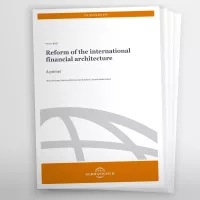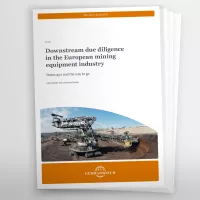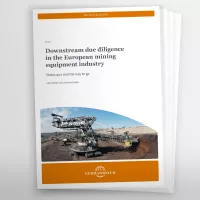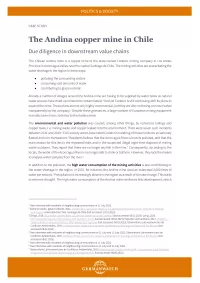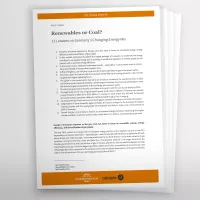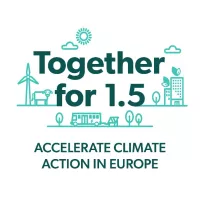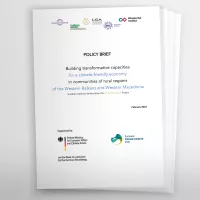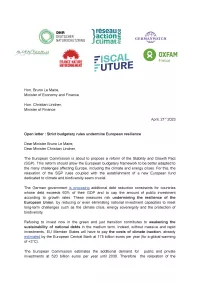
In the EU, reform of the Stability and Growth Pact is on the agenda. German and French civil society organisations therefore call in their joint letter to the German Federal Minister of Finance and his French counterpart for the relaxation of the rules of the Stability and Growth Pact in combination with the establishment of a new EU climate and biodiversity fund. Investments in the green and just transition are essential to ensure the resilience, prosperity, and social justice of our economies and societies.



